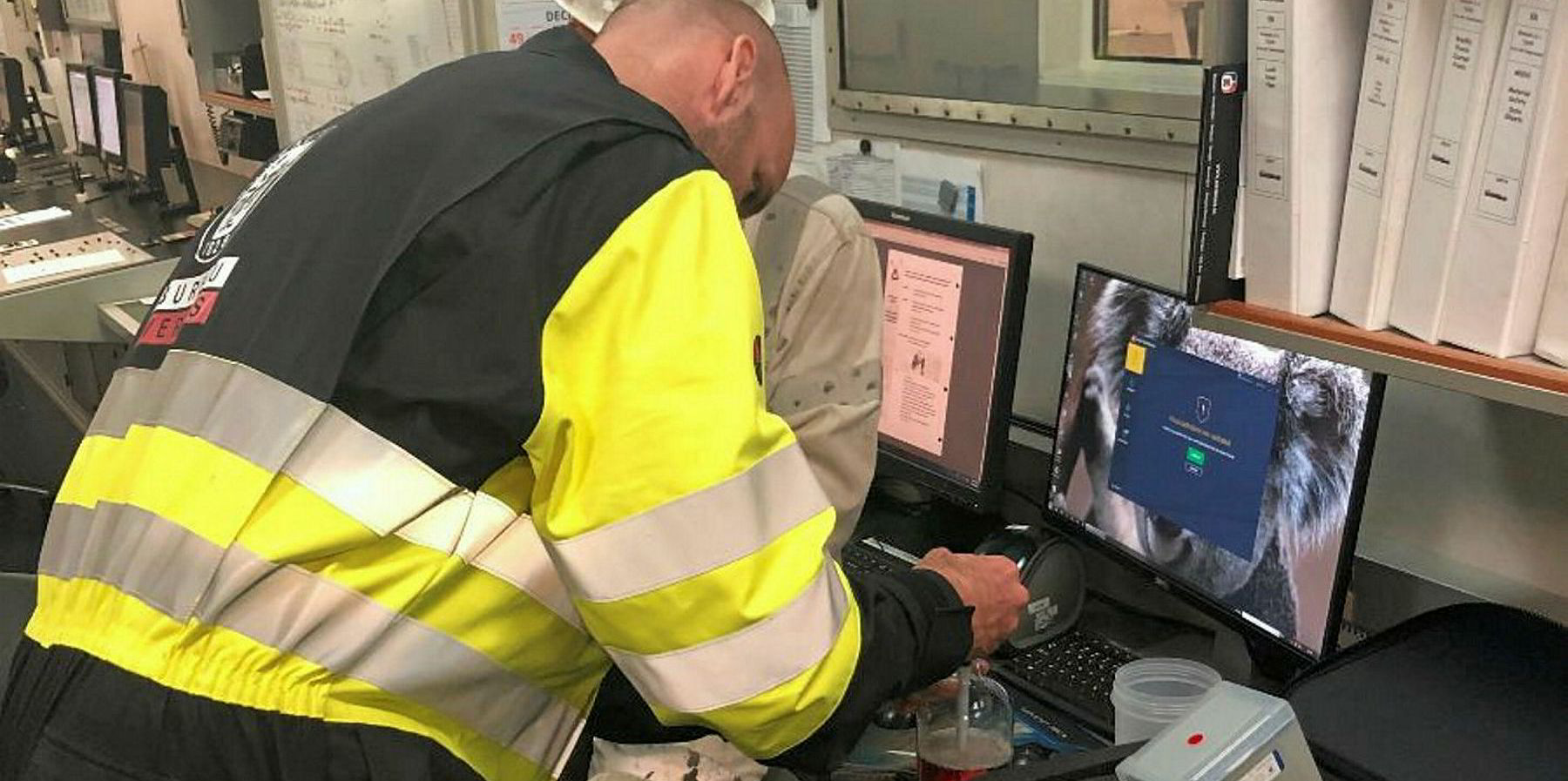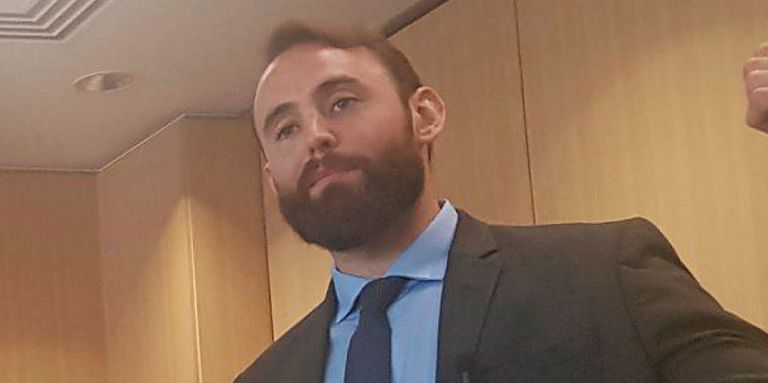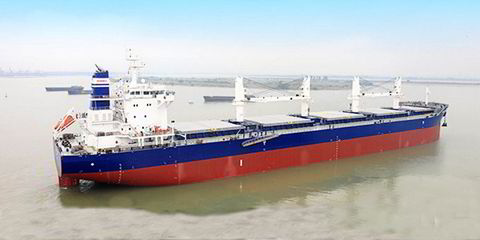A new technology venture has completed the first trial of a system that uses synthetic DNA tracers to reduce the risk of fuel contamination ahead of IMO 2020.
BunkerTrace also uses blockchain to manage risk for bunkering operations.
The company, a joint venture between technology firms Forecast Technology and BLOC, used 900 cbm of ISO 8217:2010-compliant fuel supplied by Minerva with a unique tracer added.
The crew then successfully detected this mark with on-board analysis that took less than a minute, with the result of the test logged in a blockchain-based transaction record, it said.
The tracer was added to the fuel as it was loaded onto a Minerva bunker barge, via a dosing pump on the fuel line.
Bureau Veritas verified that the fuel line and receiving cargo tanks were empty.
"This trial demonstrated the readiness of the BunkerTrace system to transform IMO 2020 bunker fuel compliance and increase transparency and traceability in the marine fuels supply chain," it said.
"By adding markers to fuel at every stage of the supply chain and recording each transaction in a blockchain-based system, BunkerTrace creates an immutable audit trail that follows the fuel, and any changes made to it, recording all activities and sign offs by actors transacting the fuel."
The move comes as marine insurers and shipowners fear a spike in bunker-related claims as untested blends of low-sulphur fuels enter the market.
Marc Johnson, CEO of BunkerTrace, added: “After last year’s ‘epidemic’ of bad bunker fuel, it’s unsurprising that owners, insurers and operators are worried about the quality of fuel available as shipping scrambles for available product post-2020 that will see more fragmentation in fuel supplies as more fuel is blended to meet compliance."





